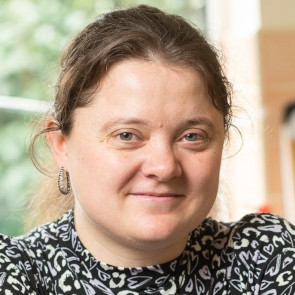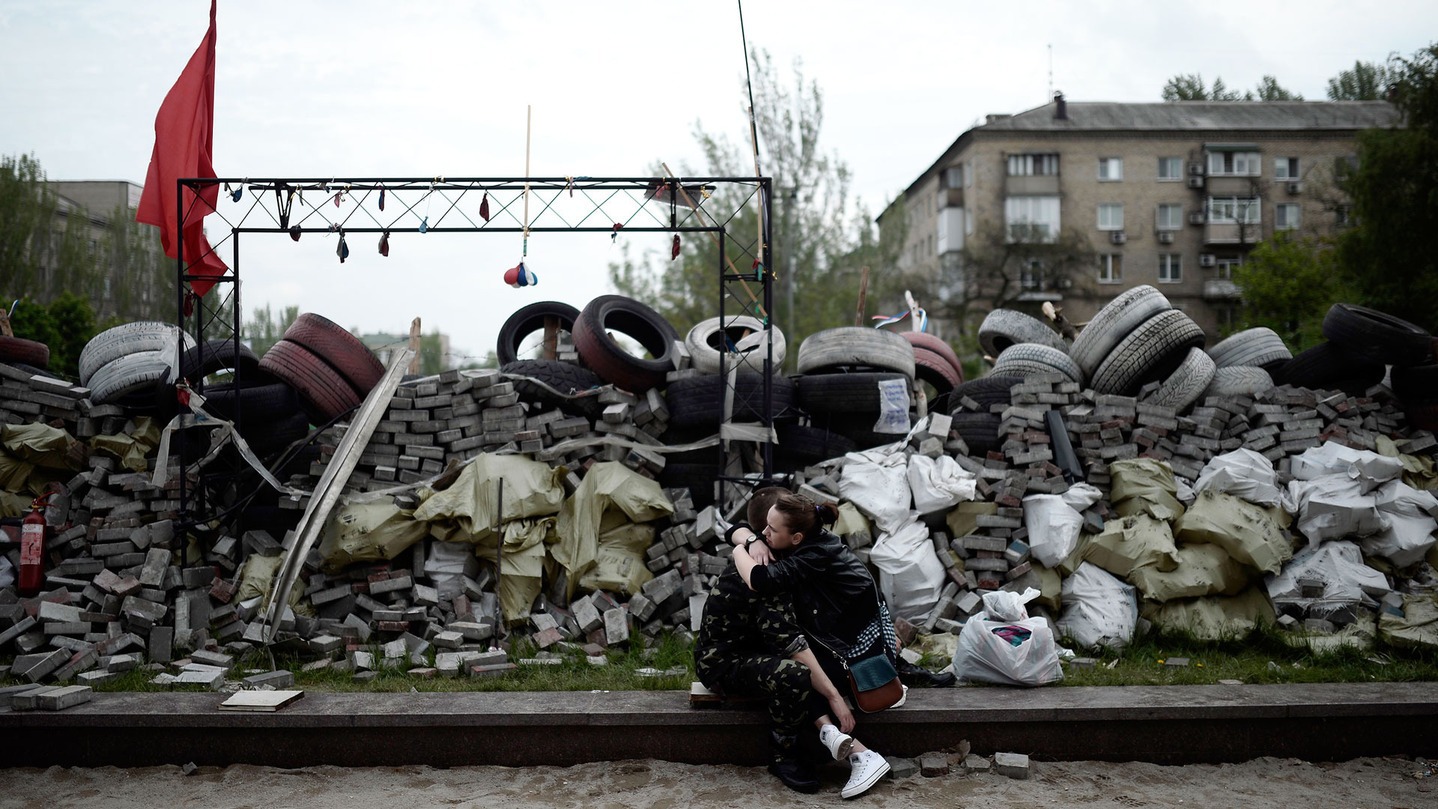
Nadia Dobrianska
Nadia Dobrianska is a Ukrainian woman human rights defender and research analyst who has a broad expertise in human rights violations related to the Russian invasion of Ukraine. After the escalation of this invasion in 2022, she was forced to flee Kyiv and is currently based in Ireland for her PhD-research. She uses social media to raise awareness to the spread of Russian disinformation and propaganda which fuel the conflict.
Previously, Nadia Dobrianska worked for Human Rights Center ZMINA where she documented enforced disappearances of Ukrainian activists in the Russian-occupied territory, wrote analytical papers on the subject, and communicated with international organisations and media. Before the escalation of the Russian invasion she coordinated a campaign in support of journalists from the Russian-occupied Crimea who have been imprisoned by Russia on political grounds and coordinated an advocacy project in support of sanctions on Russian officials for gross human rights violations in the war against Ukraine. As an analyst she researched the legislation of Ukraine on criminal responsibility for wartime collaboration with the enemy and other topics not related to the war, in particular – address registration and internal migration of people in Ukraine.
As well as ZMINA, Nadia Dobrianska collaborated also with Fight for right – one of the prominent Ukrainian NGOs specialized in the protection and empowerment of persons with disabilities. She conducted research on public attitudes to the human rights of persons with disabilities, access of persons with disabilities to cultural rights and cultural amenities and the situation of employment of persons with disabilities in Ukraine.
In response to her work, she has faced smear campaigns which have attempted to discredit Ukrainian human rights organisations and her as a woman human rights defender.

